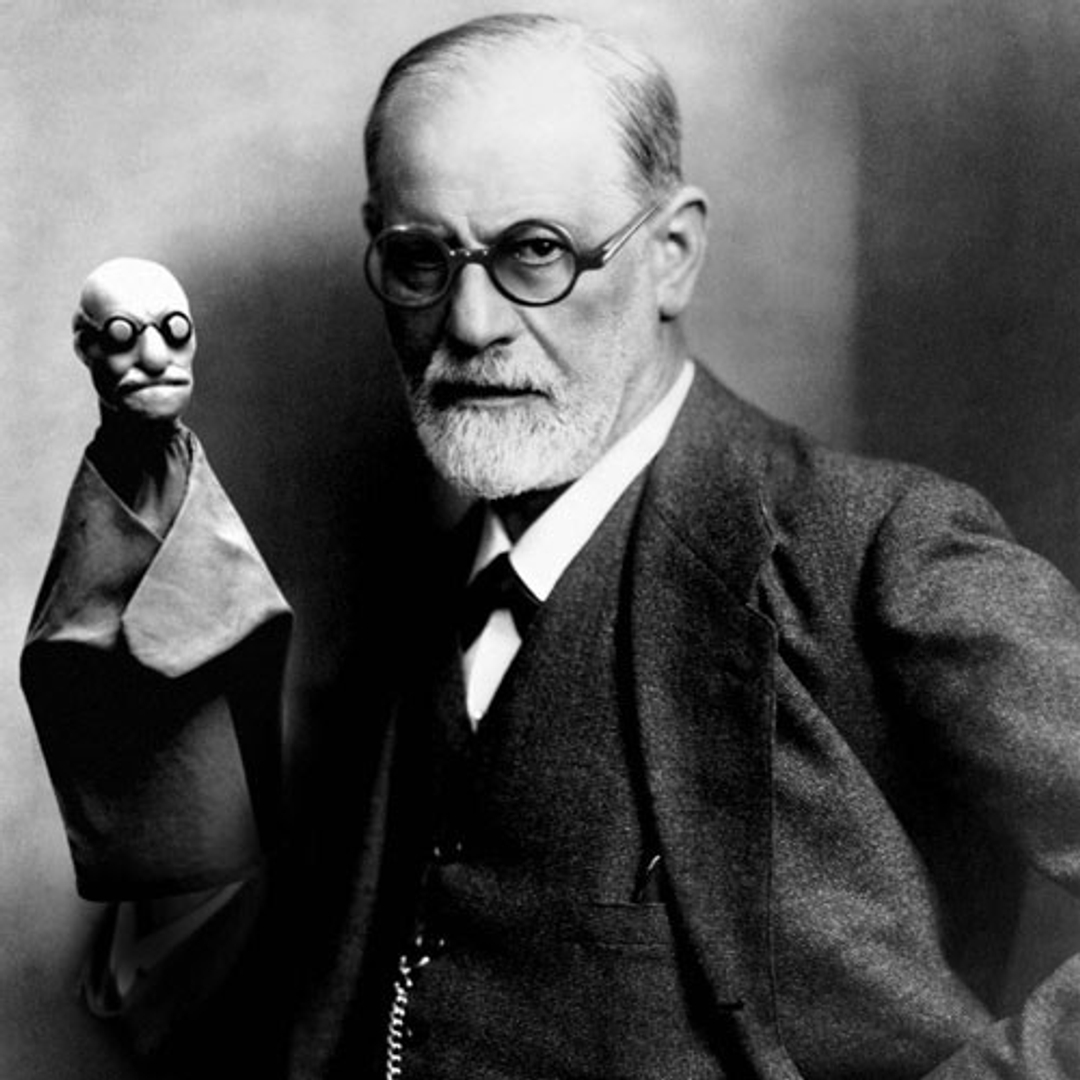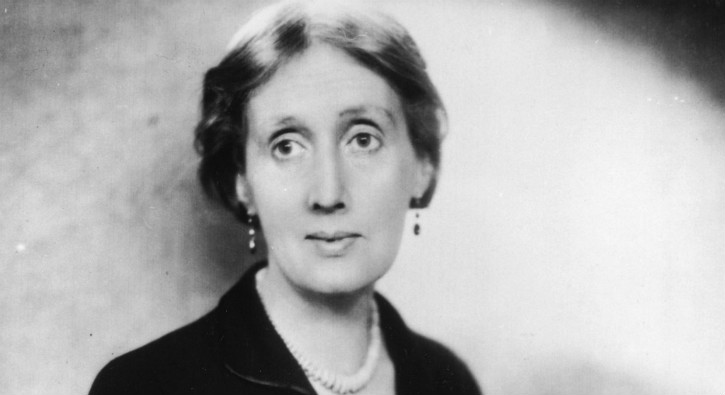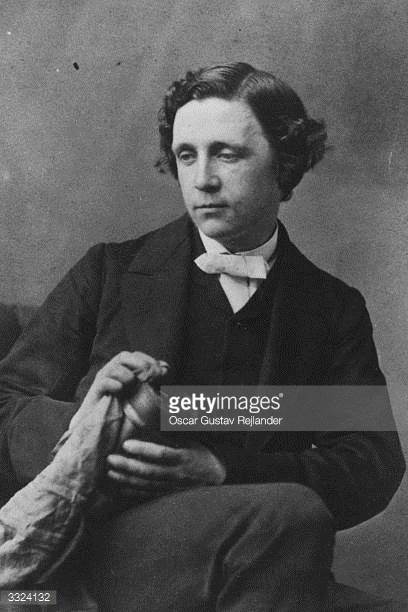Fascinating Facts About Sigmund Freud You Probably Never Knew
Sigmund Freud is one of those historical figures everyone has heard of, yet few people truly understand. He transformed the field of psychology—and also made some claims that modern science considers wildly inaccurate. Still, his work opened doors that shaped the way we think about the human mind.
Here are some surprising facts about Freud that reveal both his brilliance and his contradictions.
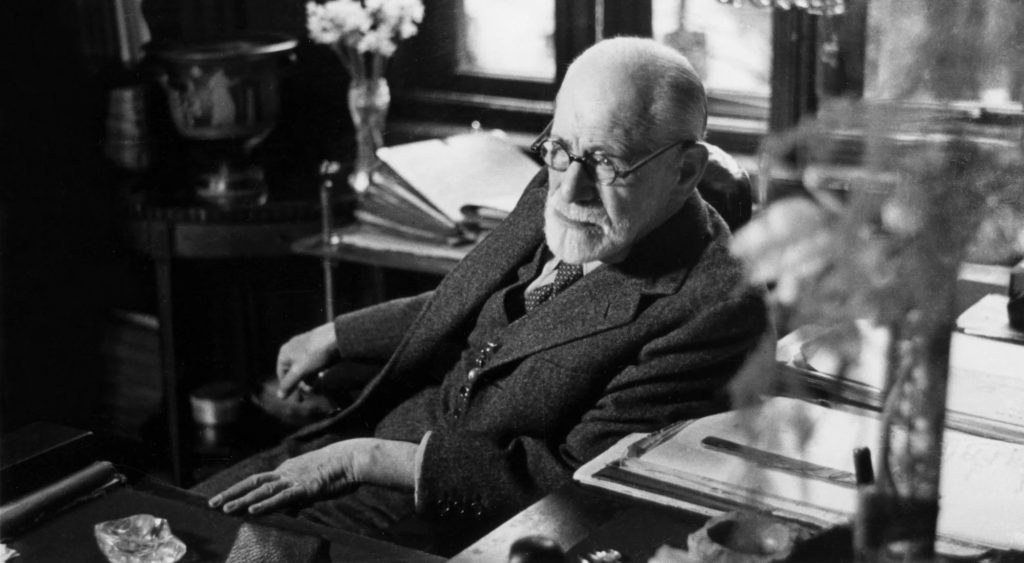
A Pioneer of Psychoanalysis and Psychotherapy
Born in 1856, Freud entered the world of science at a time when psychology barely existed as a discipline. People with mental illnesses were often locked away for life, hidden from society. Freud helped change that trajectory by developing psychoanalysis, creating one of the first systematic methods for understanding and treating psychological disorders.
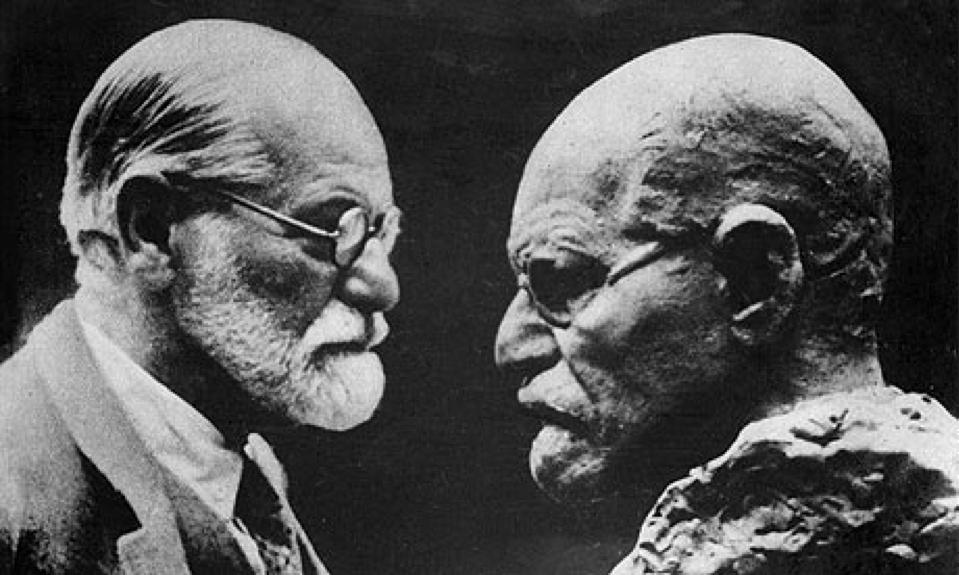
His Early Focus: Nervous Disorders
Freud studied medicine at the University of Vienna, but his curiosity quickly shifted from the physical body to the mysteries of human behavior. He became fascinated by patients with uncontrollable impulses—symptoms that today might be recognized as PTSD, schizophrenia, or bipolar disorder.
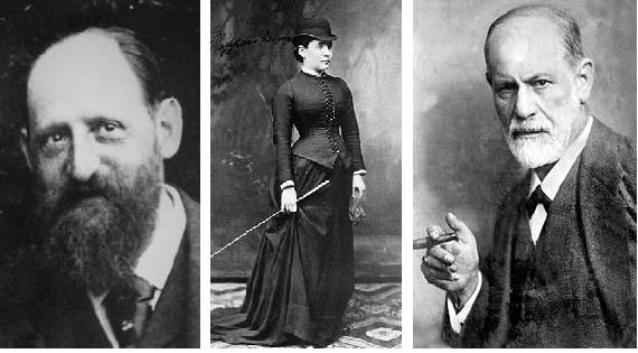
Freud and Josef Breuer: The Case of Anna O.
One of the biggest influences on Freud’s early work was fellow physician Josef Breuer. Breuer treated a woman known as Anna O., who suffered from violent episodes of hysteria. He encouraged her to talk freely about her traumatic past—and her symptoms began to fade.
Freud was captivated. This “talking cure” became the foundation for his own therapeutic approach.

The Birth of Free Association
In 1886, Freud opened a private clinic in Vienna dedicated to treating people with what were called “nervous disorders.” His hallmark method—free association—encouraged patients to speak openly, without censoring themselves. Freud believed that if people talked long enough, hidden links between past experiences and present symptoms would eventually surface.

Freud’s Breakthrough Work: The Interpretation of Dreams
In 1899, Freud published one of the most influential books in psychology: The Interpretation of Dreams. In it, he argued that dreams reveal what’s buried in the subconscious. He developed a symbolic system for decoding dreams—ideas that were groundbreaking at the time, even if modern science treats them with skepticism.

The Power of the Unconscious Mind
One of Freud’s most lasting contributions is the idea that unconscious mental processes shape our thoughts and behaviors. While some of his interpretations were wildly speculative, the core concept—that the mind has hidden layers—revolutionized psychology.
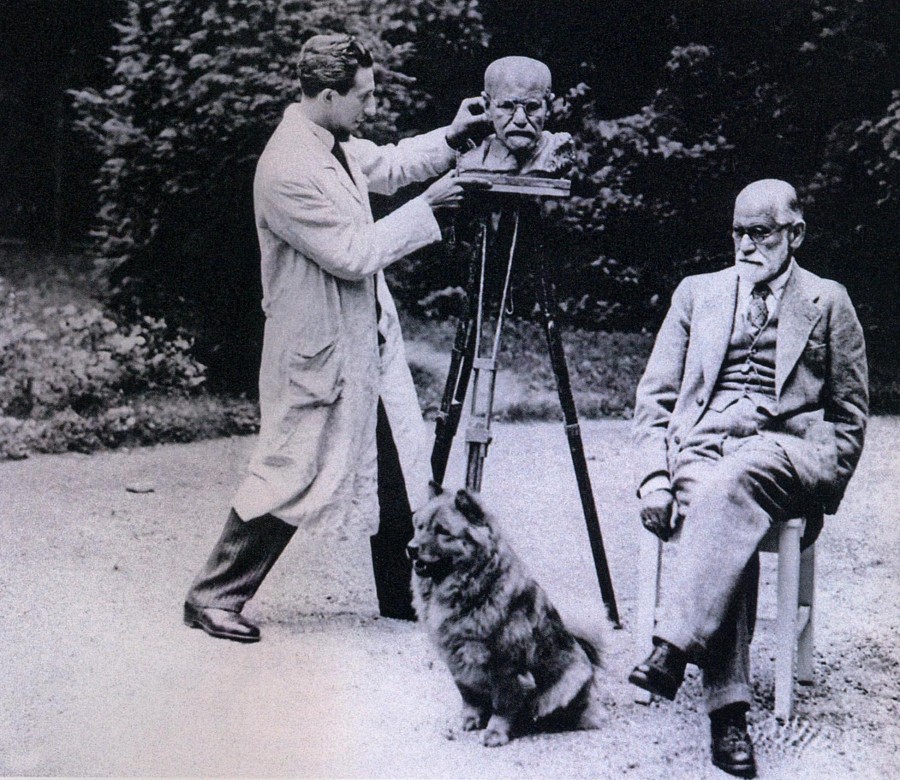
He Believed Mental Illness Could Be Treated—Even Healed
Before Freud, people with severe mental illness were often considered hopeless. Wealthy families kept them heavily sedated under private care; others were institutionalized indefinitely. Freud challenged this view by arguing that psychological treatment—not confinement—could improve or even heal mental disorders. This shift laid the groundwork for modern therapy.
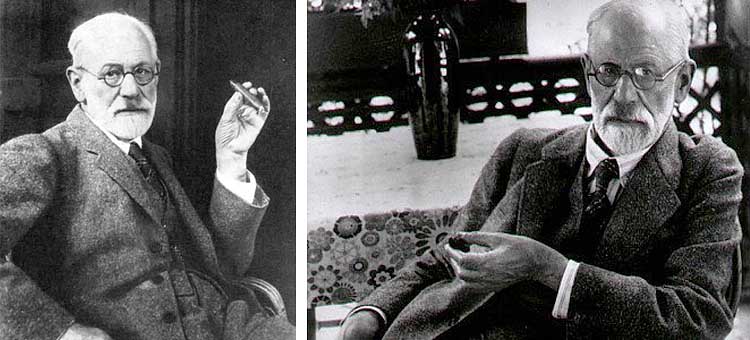
Freud’s Lifelong Dependence on Cigars
Freud picked up smoking at age 24, convinced it sharpened his thinking. Cigars became his constant companions—so much so that he eventually developed jaw cancer and endured more than 30 excruciating surgeries. Still, he refused to give up smoking.
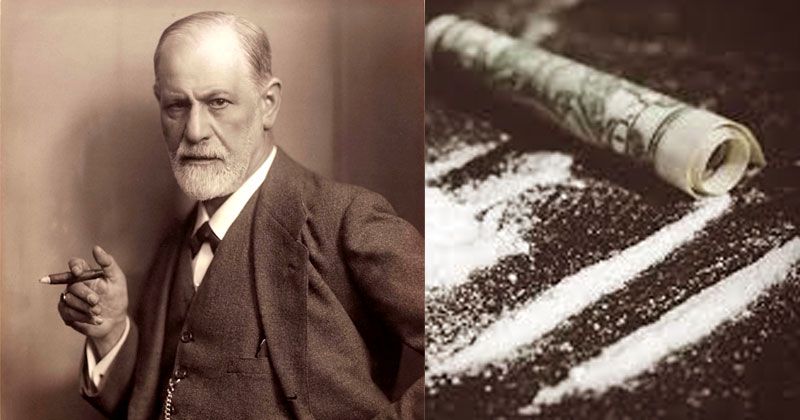
His Experiment with Cocaine
In his twenties, Freud also experimented with cocaine, which at the time was poorly understood. He praised it as a wonder drug and even published a paper, Über Coca, celebrating its benefits. After two years of heavy use and declining health, he quietly abandoned the substance—and the enthusiasm.
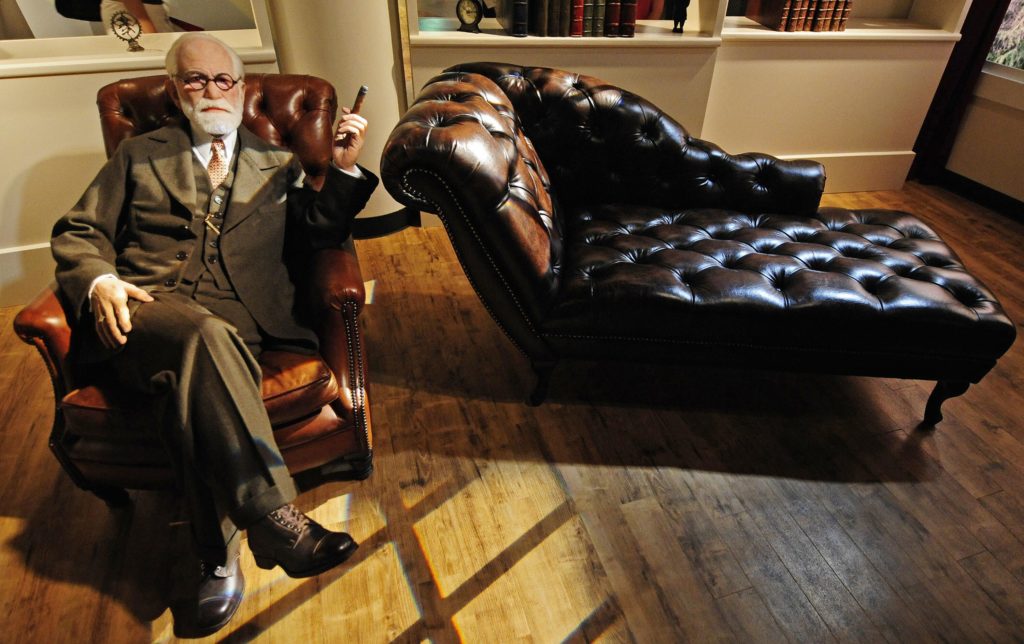
The Birth of Psychodynamic Theory
Even though many of Freud’s ideas were flawed, his work inspired entire branches of psychological theory. Psychodynamic approaches, which emphasize unconscious drives and early life experiences, still influence modern therapies such as cognitive-behavioral therapy (CBT) and dialectical behavior therapy (DBT).

Id, Ego, and Superego
Freud proposed that human personality is shaped by a constant tug-of-war among three forces:
-
The Id — the instinctual, pleasure-seeking part of us
-
The Superego — our moral conscience
-
The Ego — the mediator keeping the peace
While the details were off-base, the core idea—that we’re driven by conflicting internal motivations—remains central in psychology.
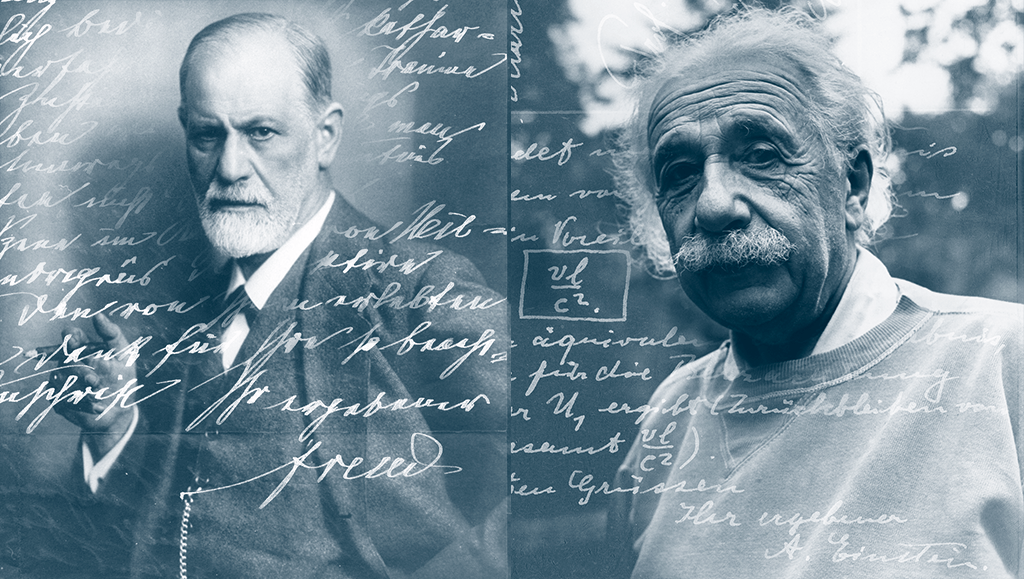
Not All Scientists Respected Freud
Although Freud gained global fame, many scientists—including Albert Einstein—dismissed his theories. Psychology seemed too subjective, too unfalsifiable. Yet despite criticism, Freud’s influence continued to grow.
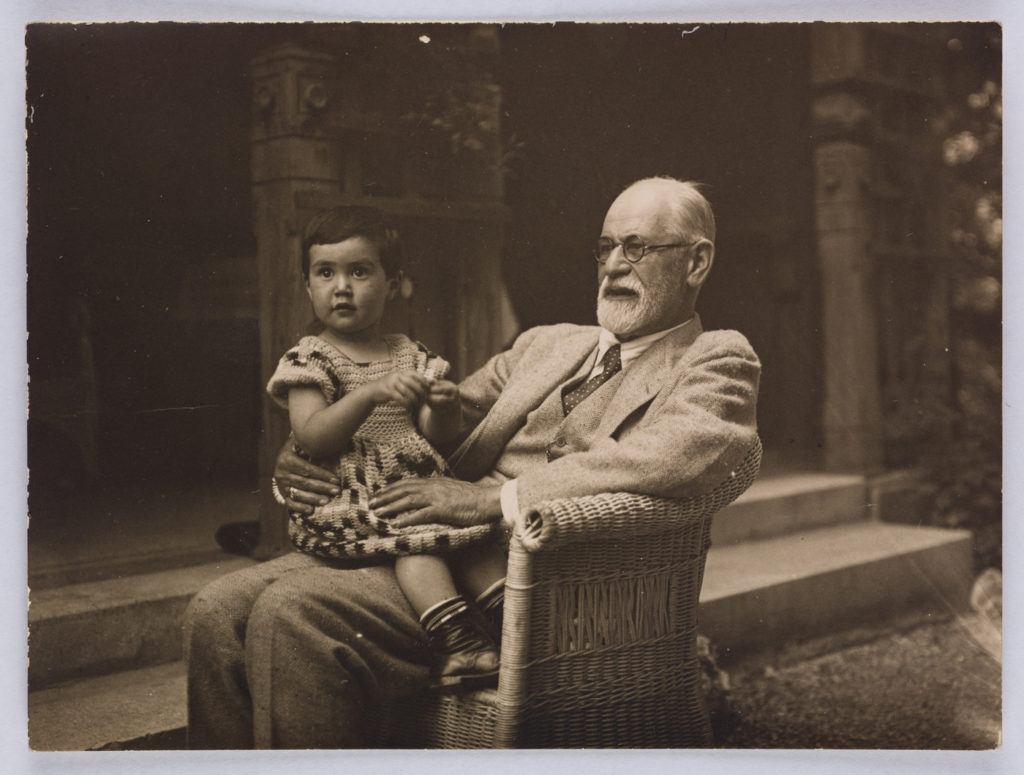
The Insights He Got Right
Freud was among the first to recognize the lifelong impact of childhood trauma. Even if buried deep in the psyche, early experiences can shape adult behavior—much like background apps running silently on a device. Today, this concept is foundational in psychology.
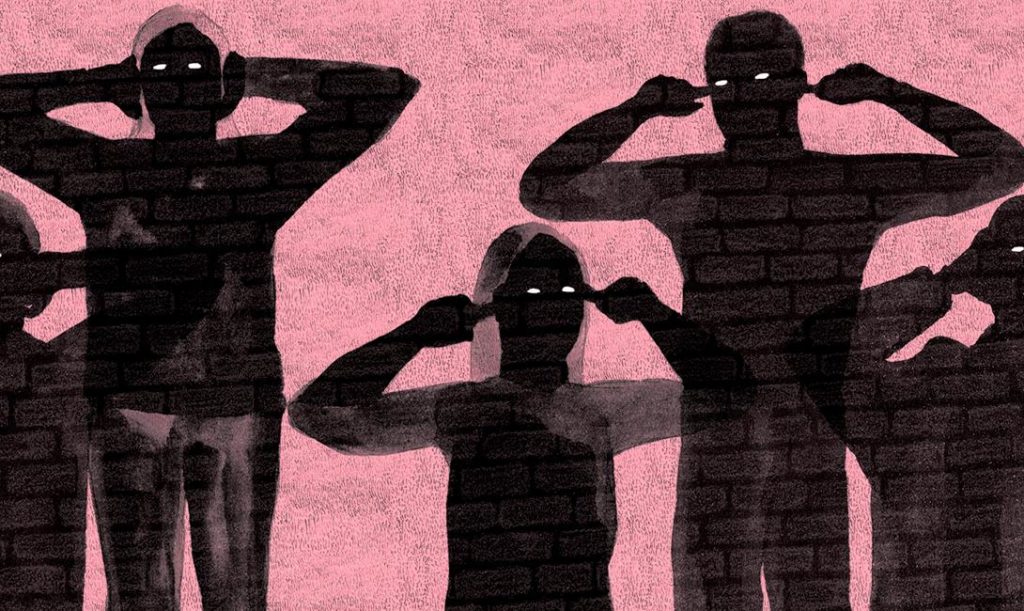
Defense Mechanisms: One Idea That Endured
Freud also identified defense mechanisms—psychological strategies people use to avoid painful truths. Concepts like repression, denial, projection, regression, and sublimation are widely accepted today and taught in every introductory psychology course.
The Controversial Oedipus Complex
Freud famously proposed that young boys experience unconscious jealousy toward their fathers and desire for their mothers—a theory inspired by the ancient Greek tragedy Oedipus Rex. While modern psychology rejects this concept, it became one of Freud’s most talked-about ideas.
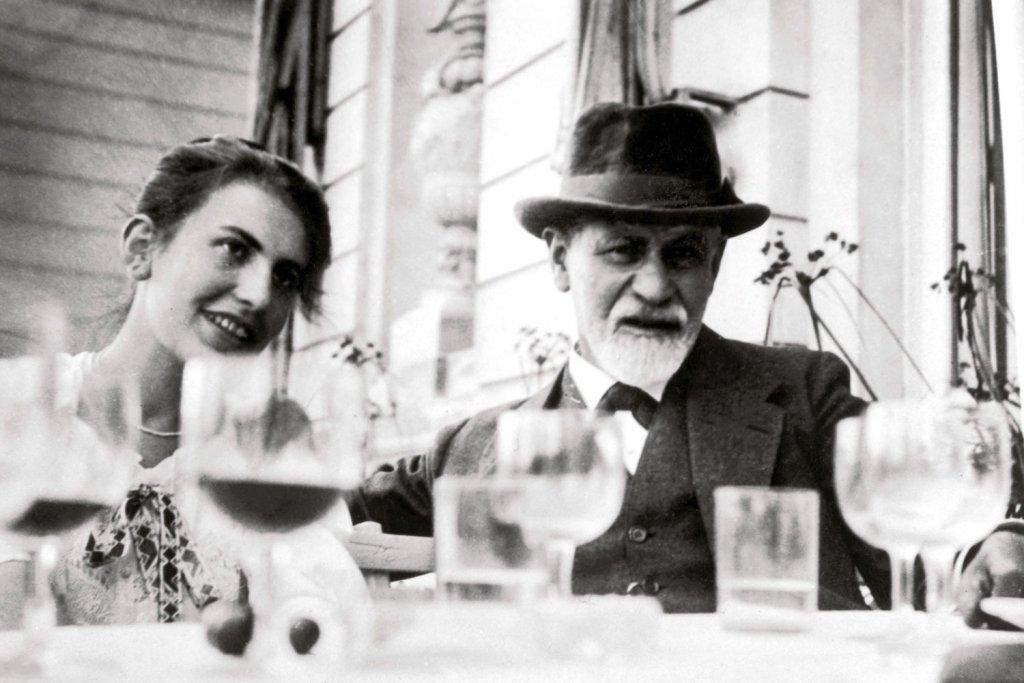
“Freudian Slips” and the Hidden Mind
A “Freudian slip” occurs when someone accidentally says something they didn’t intend to reveal. Freud saw these slips as clues to suppressed worries or desires trying to surface. The term remains part of our cultural vocabulary.
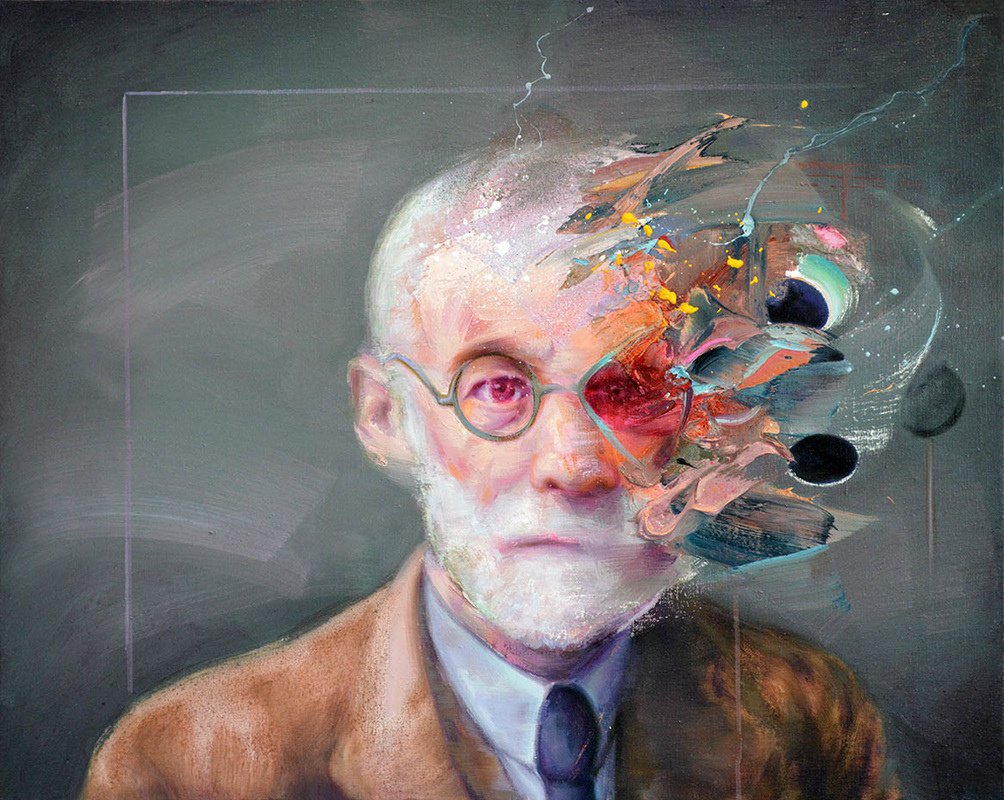
Subliminal Messages and the Modern Mind
Freud’s ideas about sublimation—redirecting unconscious impulses—helped inspire modern theories about subliminal messaging. Advertisers still use subtle cues to influence consumers below the level of conscious awareness.
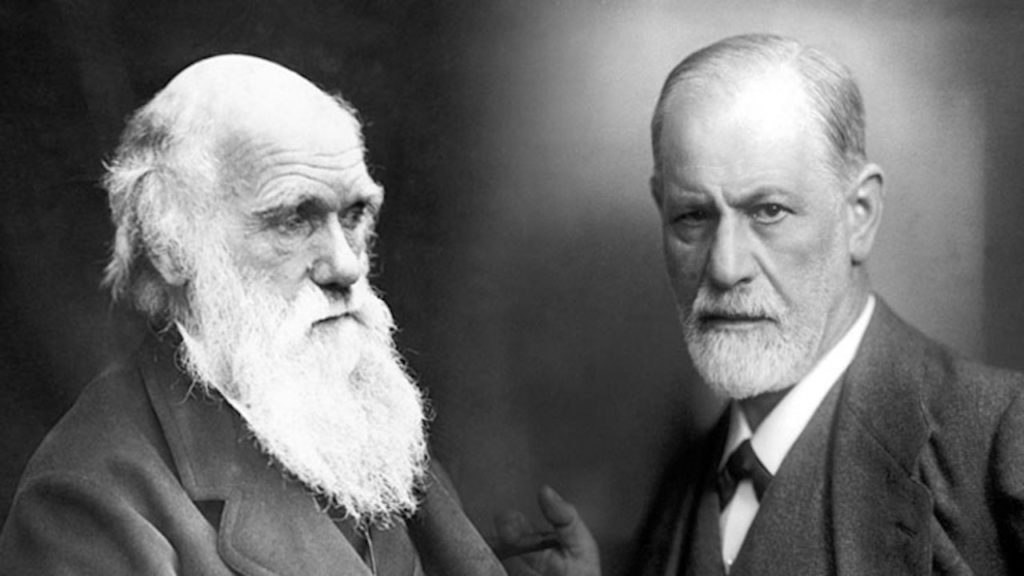
Darwin’s Influence on Freud
Charles Darwin’s theory of evolution profoundly shaped Freud’s thinking. Freud viewed human behavior through an evolutionary lens, believing that instinctual drives—competition, survival, desire—were inherited from our animal ancestors. Ironically, Darwin himself struggled with mental health issues.
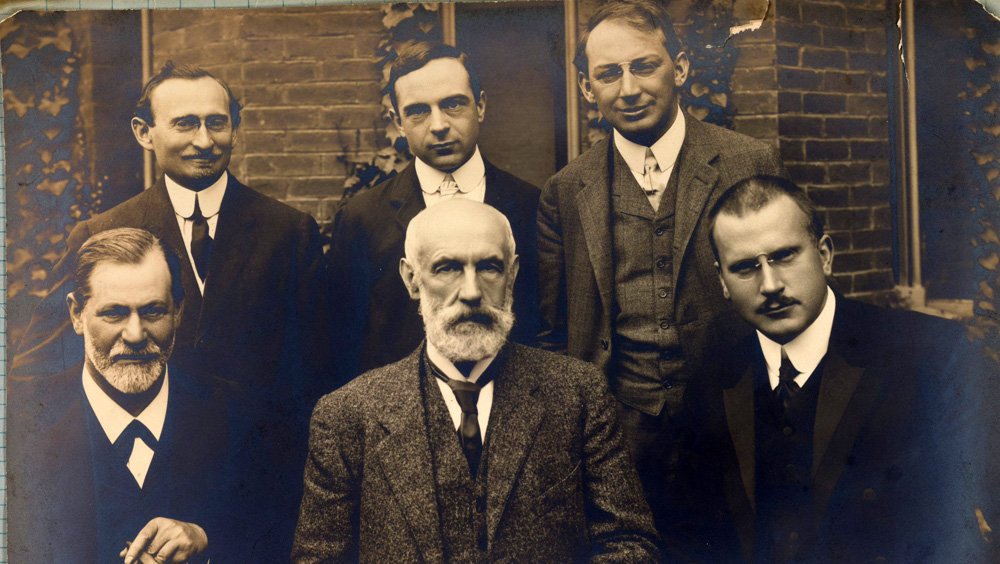
Escaping the Nazis
As a Jewish intellectual in 1930s Austria, Freud lived in increasing danger. When the Nazis took control, his family fled—but Freud was trapped by legal barriers and extortion. Eventually, he escaped to Britain in 1938, though in poor health.
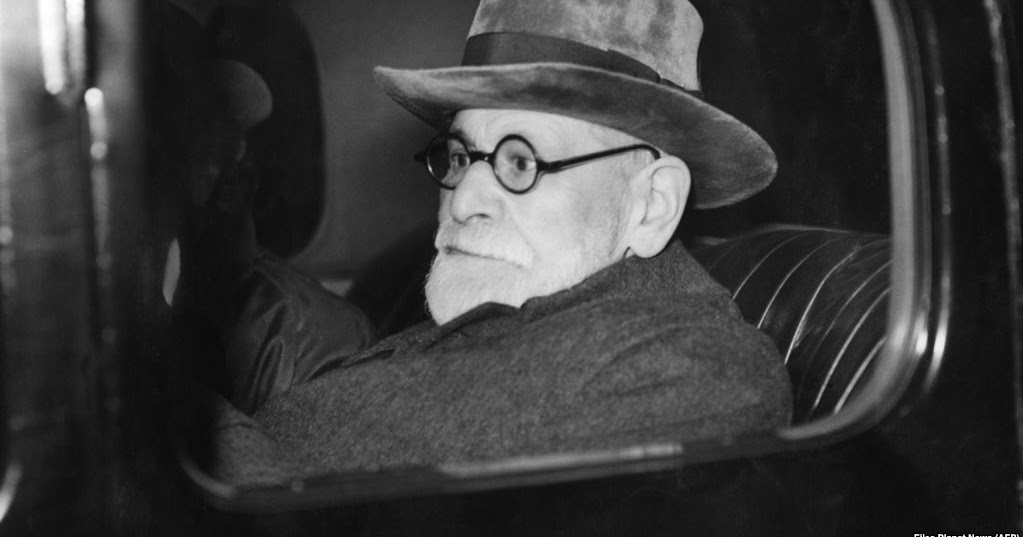
Freud’s Final Days
At this point, Freud was over eighty and suffering from advanced jaw cancer. In unbearable pain and facing no hope of recovery, he asked his doctor, Max Schur—also a refugee—to help him end his life. Schur agreed, administering fatal doses of morphine on September 21 and 22, 1939. Freud died on September 23.
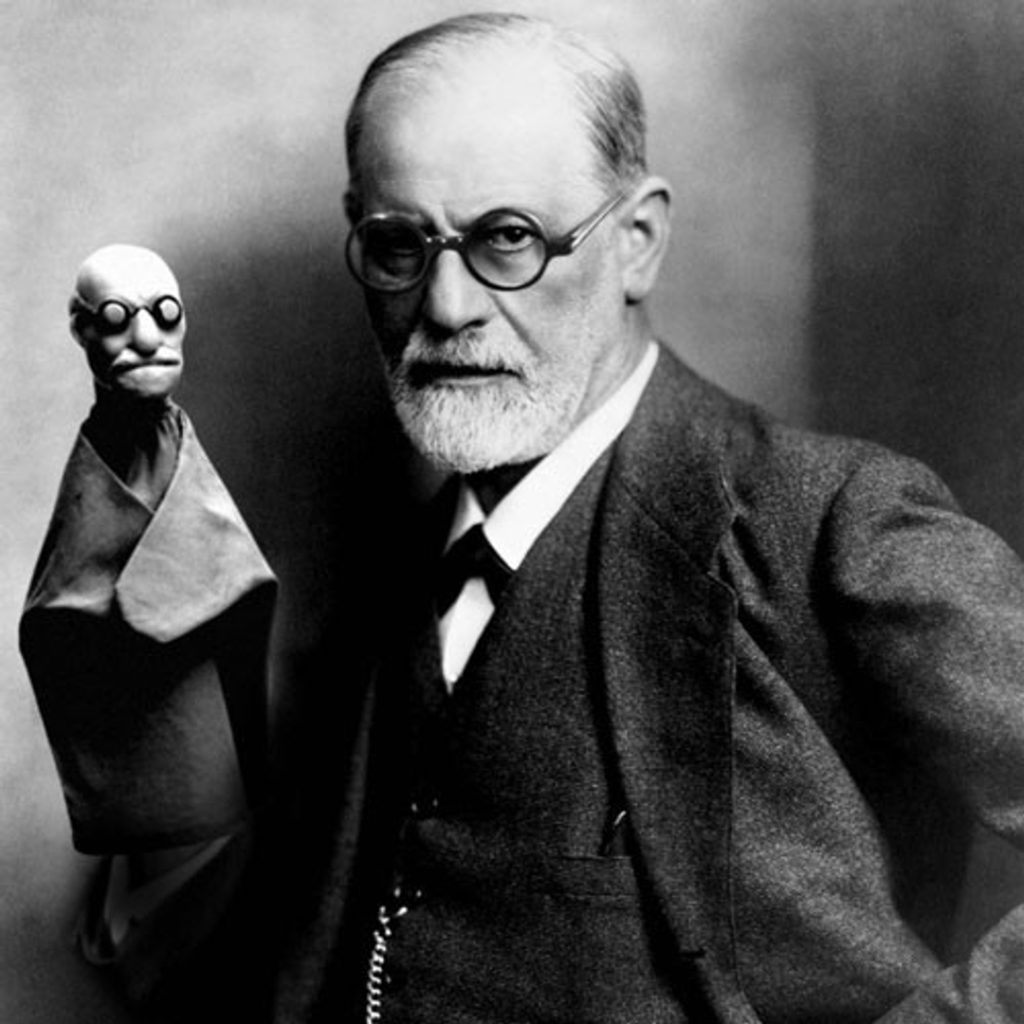
A Lasting Legacy
Freud was wrong about many things. But he revolutionized the way we think about childhood, personality, and the hidden layers of the mind. His ideas sparked entire fields of research and inspired generations of therapists. Psychology, as we know it today, simply wouldn’t exist without him.

